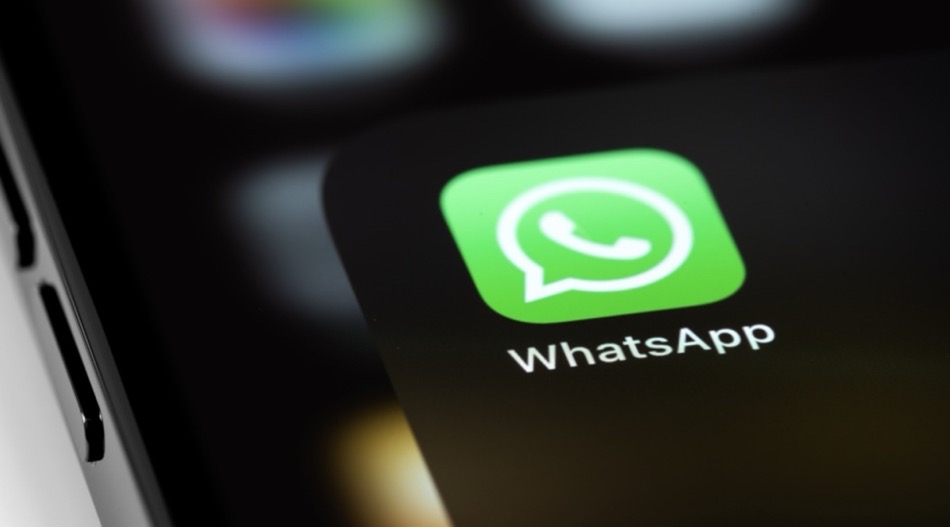
Meta has officially launched third-party messaging support in WhatsApp across the European Union, allowing users to communicate with people on other apps directly from within WhatsApp.
The new “third-party chats” feature, introduced in compliance with the EU’s Digital Markets Act (DMA), will first support BirdyChat and Haiket, marking a major milestone in cross-platform interoperability. The two apps have relatively smaller user bases, so they will serve as testbeds to ensure everything goes smoothly before the system is opened up to large-scale messaging platforms.
Meta’s announcement earlier today confirmed the rollout of third-party chat functionality to all WhatsApp users in the European Region. This development comes just a week after the feature first appeared in beta testing (v2.25.33.8). Early testers could already message users on external apps under Settings > Account > Third-party chats. Now, the system is moving out of the test phase and gradually into general availability.
WhatsApp’s new interoperability framework allows users to exchange messages, voice notes, images, videos, and files with individuals on supported third-party platforms, without leaving the WhatsApp interface. Group messaging across platforms is not yet available but is expected once partner platforms are ready to support it. The new feature is optional, and users can choose to enable or disable it at any time via the app settings.
Meta’s implementation is the result of over three years of development in collaboration with European messaging providers and regulators. Under the DMA, companies designated as “gatekeepers” are required to open up their messaging platforms to competitors to ensure a fairer digital marketplace. The law explicitly mandates interoperability for core messaging functions, such as text and file sharing, while maintaining stringent privacy requirements, including end-to-end encryption (E2EE).
Meta has stated that third-party apps must adopt security protocols that meet WhatsApp’s standards, particularly regarding E2EE. As a result, messages exchanged via third-party chats maintain the same level of encryption as native WhatsApp conversations. Importantly, WhatsApp does not decrypt or route messages for external services. Instead, messages are delivered directly between the two parties via the third-party app’s infrastructure, preserving content confidentiality.
WhatsApp, a Meta-owned platform with over two billion users worldwide, has long dominated the global messaging space. However, the DMA, which entered into effect in March 2024, has forced large tech firms operating in the EU to adopt more open practices. WhatsApp’s initial interoperability rollout includes BirdyChat and Haiket, two smaller but fast-growing messaging platforms that have chosen to implement the required protocols for integration. Meta has clarified that it does not select its partners manually; instead, external apps must opt-in and meet the necessary technical and privacy requirements.
For users, enabling third-party chats will begin with an opt-in notification appearing in the Settings tab. Once activated, users can initiate conversations with contacts using supported apps, provided those platforms also support the interoperability features.
Meta has also built in several privacy controls for this new feature. Users can decide how third-party messages appear, either in a unified inbox or a separate section, and manage notifications independently. Only the user’s phone number is shared with third-party apps; no additional personal data is exchanged. However, because privacy policies differ between messaging apps, Meta advises users to carefully review each third-party platform’s data handling practices before enabling interoperability.
If you liked this article, be sure to follow us on X/Twitter and also LinkedIn for more exclusive content.


